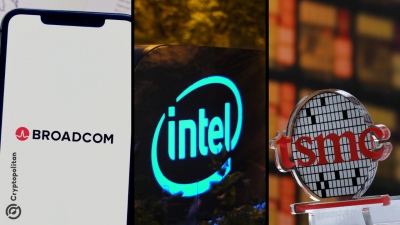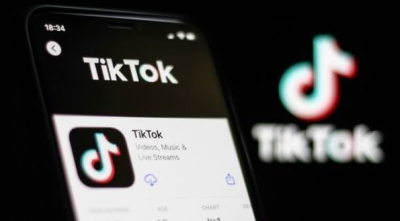As the fastest-growing Internet company in China in the past two years, ByteDance has not heard any big noise in its self-developed chips. Recently, news from Broadcom has given everyone a side view of future self-developed chip layout of ByteDance.
Broadcom is currently the leading player in the field of ASIC-based AI chips, with Google and Meta being its important customers. The latest news shows that OpenAI and Apple will also approach Broadcom to design ASIC-based AI chips.
Thanks to the surge in AI revenue, Broadcom soared 24.43% to a new high on Friday, with its market value increasing by US$206 billion in a single day and exceeding the US$1 trillion mark for the first time in history.
Hock Tan also emphasized that "there are great opportunities for AI chips in the next three years" and predicted that the company's "AI semiconductor business (bringing revenue) will exceed other businesses. He also predicts the scale of market demand for customized AI chips in 2027 is $60 billion to $90 billion. And, in terms of AI chips, Broadcom has two additional super (computing) customers, and the new customers are expected to bring revenue by 2027.
Broadcom CEO said that it is expected that by 2027, the three major customers will have AI chip procurement needs of 60-90 billion US dollars. In addition to the well-known Google and Meta, another Chinese company, ByteDance, is among these three major customers.
The growing business needs and expanding business territory of ByteDance require huge computing power support. Currently, ByteDance may be the most accommodating AI chip purchaser in China. It is understood that AI chips from NVIDIA, AMD, and Intel are all in In the purchase list of ByteDance. Byte is also trying to use domestic chips to support its business needs. Under such huge demand, self-developed chips are obviously a more sustainable and cost-saving solution.













